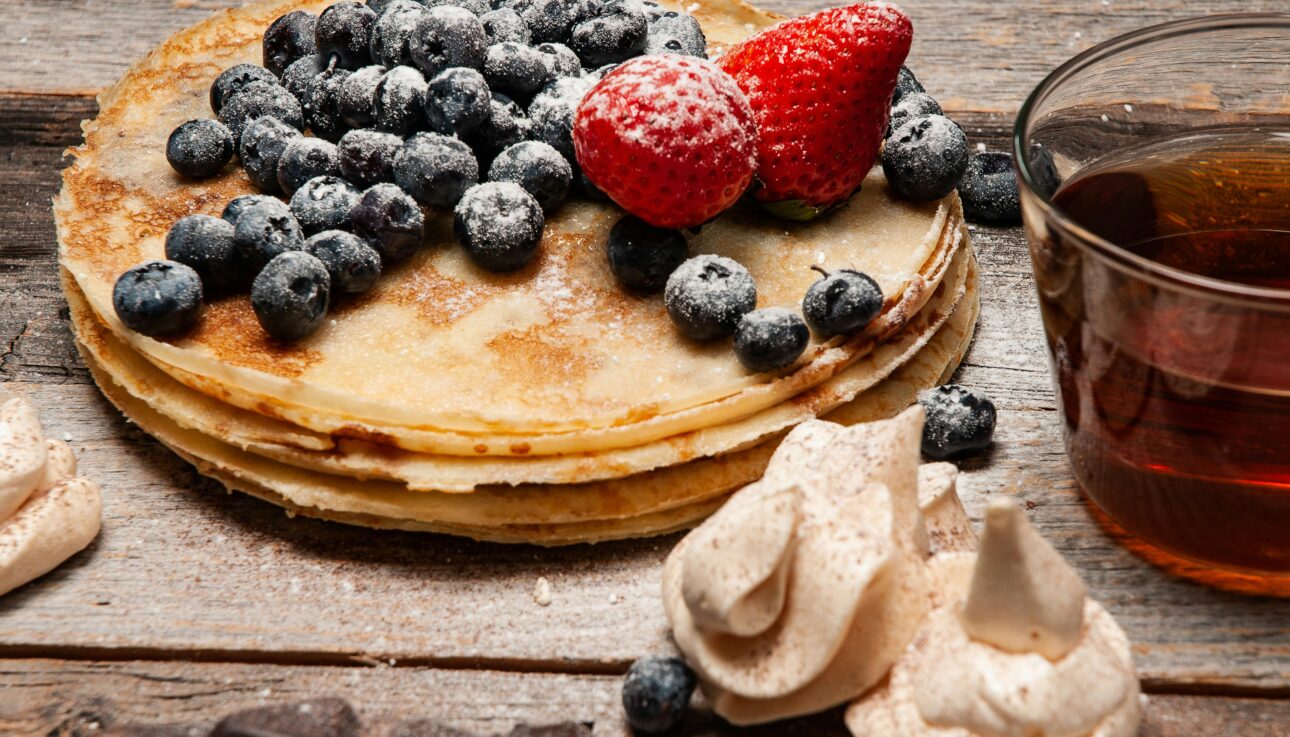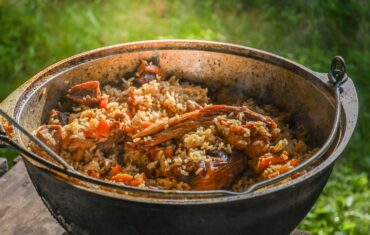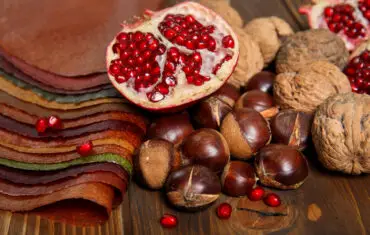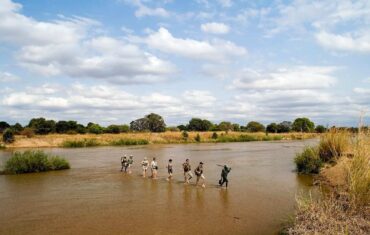History of Pancakes
With pancake day in the UK coming up, I thought I’d look at this delicious and popular dish.
In fact, Pancakes are one of the world’s most ancient foods. Archaeologists believe that grinding kernels and making a paste may date back to 30,000 years ago, possibly then heated on a greased rock.
And there’s plenty of evidence of pancake-like dishes dating back to ancient civilizations such as the Greeks and Romans.
In fact the Greeks and Romans made pancakes much as we do now by mixing flour, eggs, milk, and honey and cooking the mixture on hot stones. The pancakes were then flavored with a variety of ingredients such as spices, cheese, and fruit.
Later, in the Middle Ages, pancakes were a popular dish in Europe, with cooks adding various ingredients such as apples, nuts, and honey to the batter. The term “pancake” itself comes from the Old English word “pancake,” which referred to a cake cooked in a pan.
In the 15th century, pancakes became associated with the Christian holiday of Shrove Tuesday, also known as Pancake Day. This was the last day before the start of Lent, when people would use up their stores of sugar, fat, and eggs before the 40-day period of fasting and abstinence.
Pancakes also became popular in North America, where they were a staple of colonial American breakfasts. Before the colonials arrived the Native Americans had their own version of pancakes made from cornmeal, which they called “nokehick” or “nopeck,” and this dish influenced the development of American pancakes.
Today, people of all countries enjoy pancakes all over the world in a variety of different forms. Here are just a few pancakes from around the world…:
Different Types of Pancakes
- American pancakes: These are fluffy, thick pancakes made with flour, eggs, milk, and baking powder. They are typically served with butter and syrup.
- French crepes: These are thin, delicate pancakes made with flour, eggs, milk, and a little bit of sugar. They are often filled with sweet or savory ingredients such as Nutella, cheese, or ham.
- English pancakes: somewhere between American and French pancakes and traditionally eaten with lemon, and honey or sugar.
- Scottish Drop Scones: somewhat smaller and thicker than English pancakes.
- Dutch poffertjes: These are small, fluffy pancakes made with yeast, buckwheat flour, and milk. They are typically served with butter and powdered sugar.
- Swedish pancakes: These are thin, crepe-like pancakes made with flour, milk, and eggs. They are often served with lingonberry jam and whipped cream.
- Japanese dorayaki: These are small, round pancakes made with flour, sugar, and eggs. They are typically filled with sweet red bean paste.
- Chinese pancakes: These are used to create dumplings or accompany Peking Duck as a savory dish with scallions.
- Indian dosa: These are large, thin pancakes made from fermented rice and lentil batter. They are typically served with chutney and sambar.
- Russian blinis: These are thin, yeasted pancakes made with buckwheat flour and served with sour cream and caviar.
- Ethiopian injera: This is a large, spongy pancake made from fermented teff flour. It is typically served with a variety of stews and dishes
Celebrations and Pancakes
Pancakes feature in various celebrations and festivals, especially those marking the end of Winter, such as Pancake Day (also known as Shrove Tuesday) in the UK and Mardi Gras in the US.
In Ukraine they even have an entire pancake week, Maslenitsa, with a whole week of pancake binging, accompanied by folk dancing, singing and competitions. This was previously a pagan festival to welcome the returning sun with delicious round, hot, yellow pancakes.
Some cultures believe that pancakes will bring good luck and prosperity. In Ireland, for example, it is customary to place a coin inside the pancake batter. It is said that whoever finds will have good luck for the rest of the year.
In England we flip our pancakes. If we miss the pan the dog gets lucky!
You’ll find some version of a pancake in all corners of the globe. So, wherever you travel, don’t forget to try the local version of pancakes.




